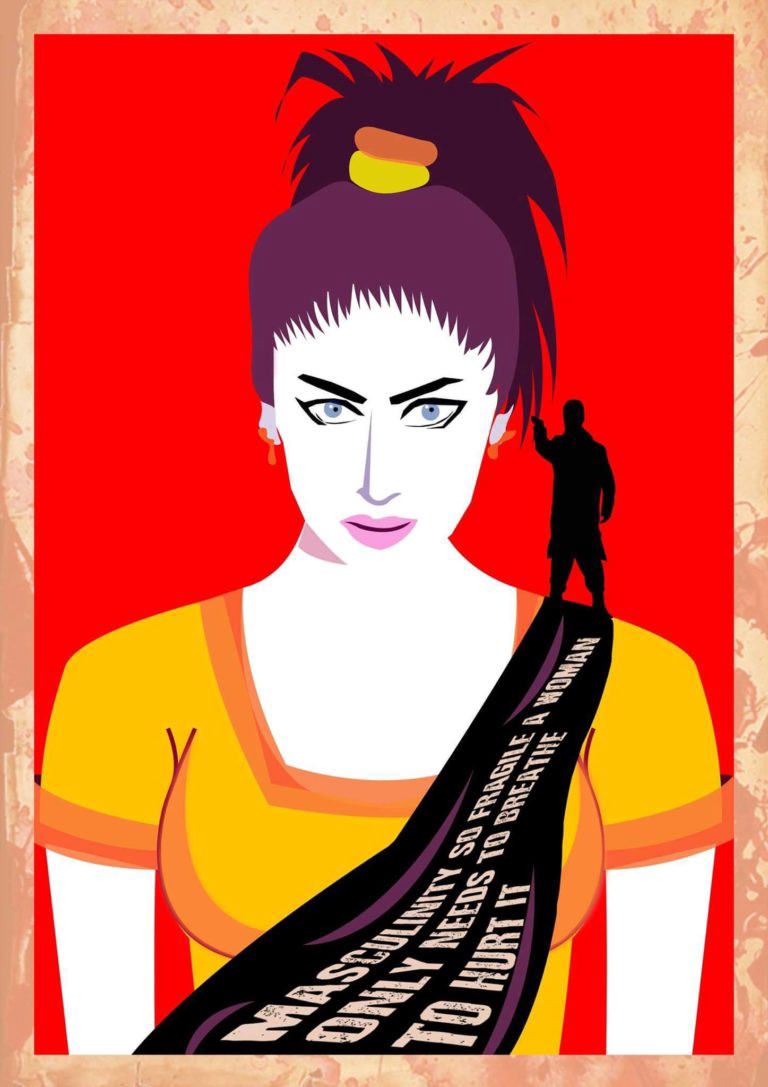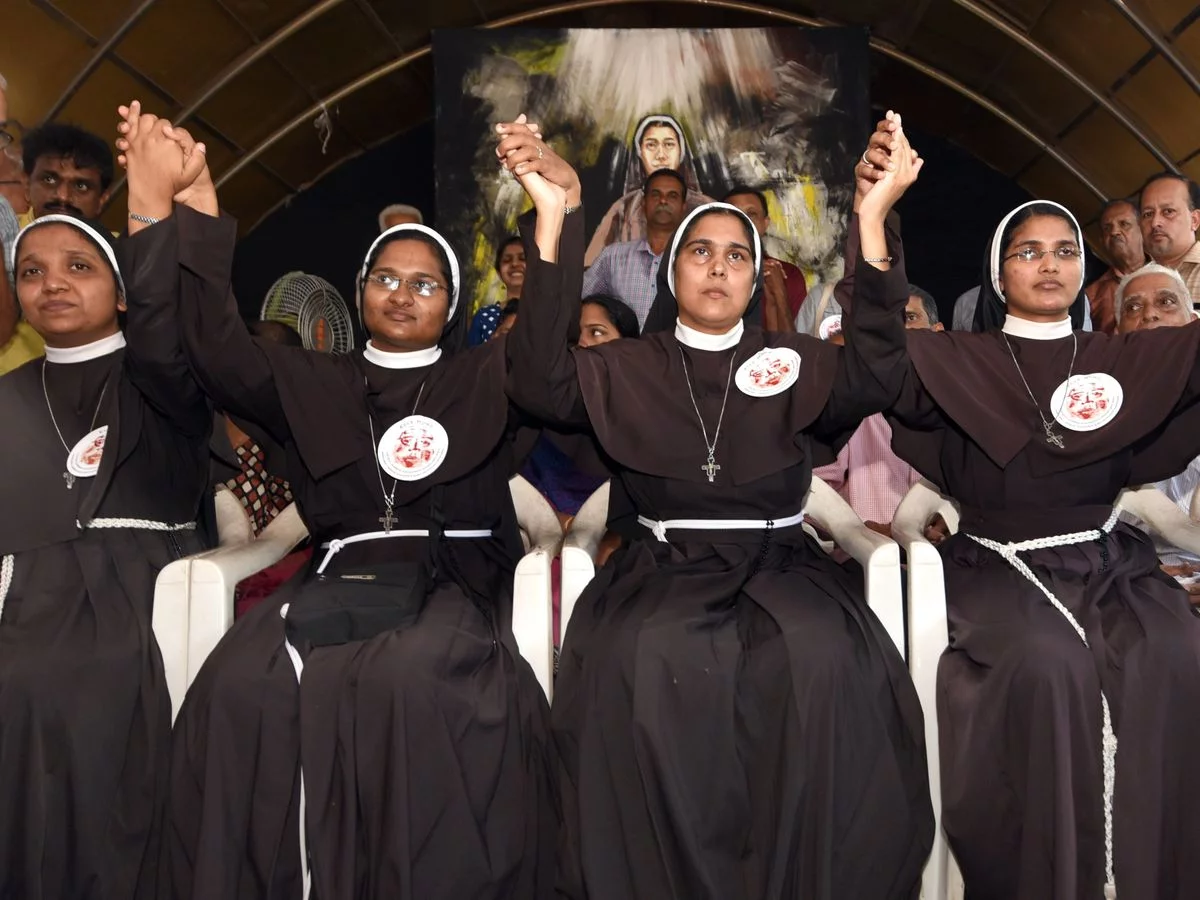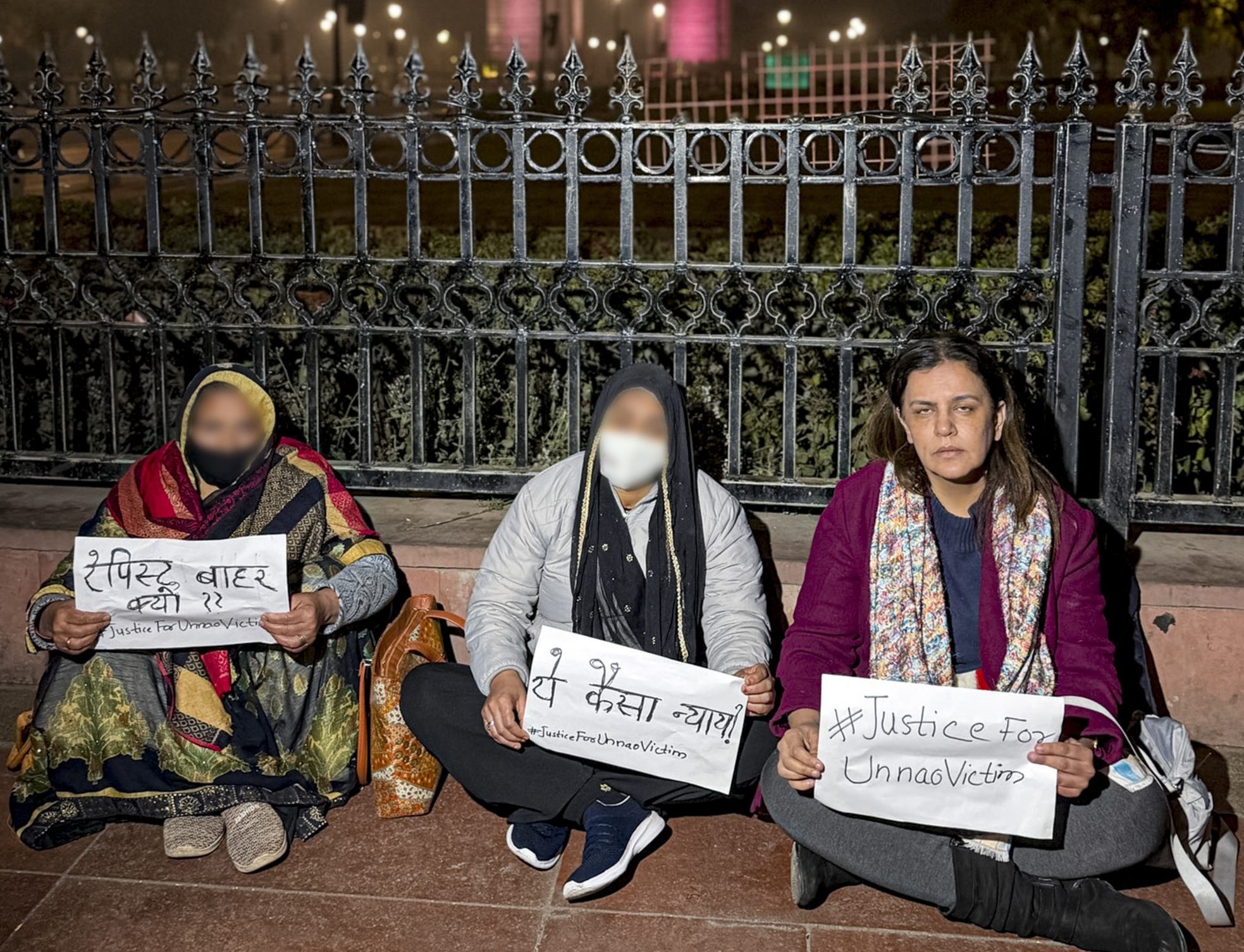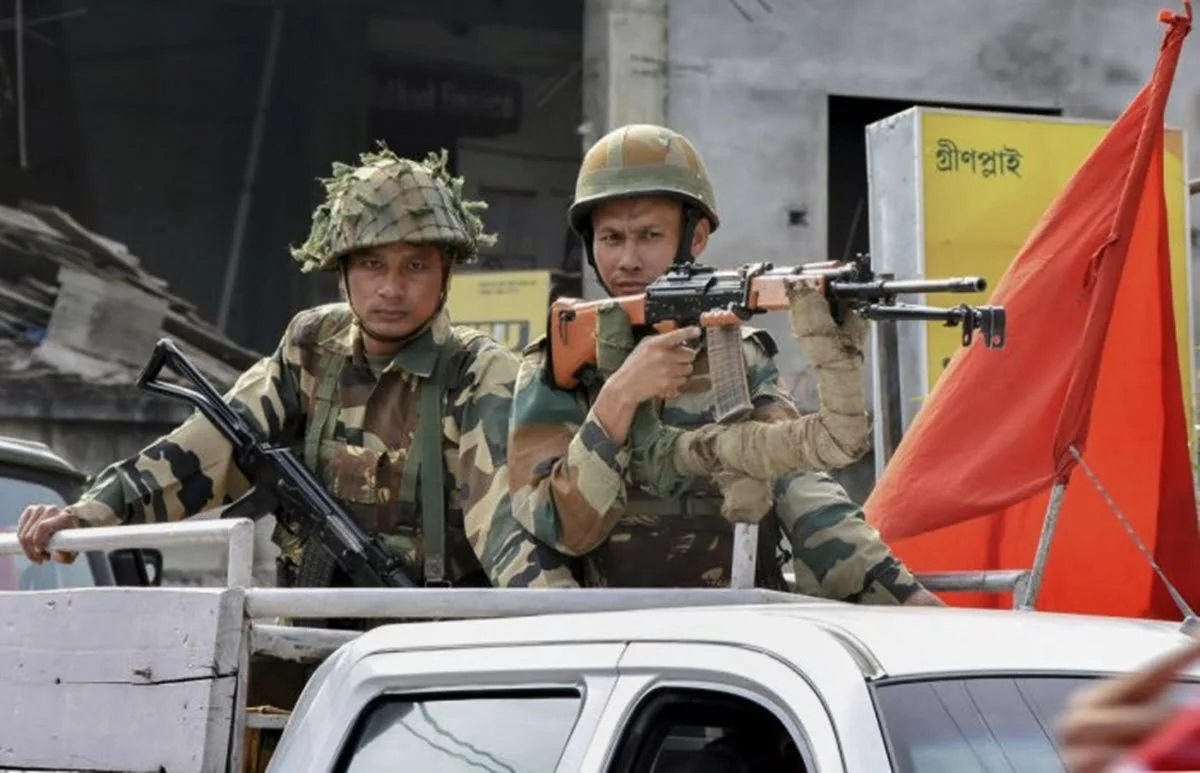Qandeel Baloch is dead. Qandeel Baloch is dead. Qandeel Baloch is dead.
I had to repeat this to myself several times before it sunk in. I remember when I was told by someone they had read of her death; I had laughed it off, dismissive. It had aired on the news, ten minutes later, and I had wanted to retch. Isn’t that what we do to our poorer, lesser-known women too? Isn’t that what Pakistan does to those who can’t practice its religion on its terms, every single time, be it a qawwal, a religious minority, or a girl famed for her striptease? Why should she, of all people, escape?
All of the women killed this year were guilty of the same crime: practicing their right to choose, some for just being breasted. Certain basic human rights don’t extend to our part of the globe, and this is just one of them. Who cares if you’re pregnant or eight years old or a celebrity? Who cares if you’re cis or trans, rich or poor, Punjabi or Sindhi? A glimpse of autonomy and they slit your throat. A glimpse of ambition, of anything other than the mindless obedience that should characterize the ultimate desi bahu, and you join the extensive list of names that met death at the hands of a man in 2016 alone.
Can you blame the poor men though? They’re just trying to protect us – and the way of life they enforce on us. Everyone knows what a ‘bad influence’ Qandeel was: surviving domestic abuse, not wanting to be trapped in a marriage, actually desiring education for herself, the ‘skimpy’ clothes and the sexual freedom. Her independence would have ‘poisoned our soch,’ and everyone knows how weak-minded us women are, always needing guidance and correction. We would have started rebelling against the men, the horror! We wouldn’t have needed them to think for us anymore! There was only one solution: kill one off to preserve the herd mentality of the rest, for the greater good. The poor dears were just being gracious, really.
Everyone knows she had it coming. Men have no honor of their own so they safeguard the women’s, policing it, owning it. That’s why men can’t ever be killed for honor. If you want to teach them a lesson, you should gang-rape ‘their’ women, because women are not more than property. Prized, lauded, but only trophies, to be chucked out when they lose their shine.
Look at her, flaunting that she belonged only to herself and was free to practice that. She was just asking for it. Even the ‘loose’ women, even the rich and powerful, know the freedom must be brought out only in dark rooms, that you must keep your head low during broad daylight if you wish to live. Everyone knows even educated men from elite institutions turn into religious fanatics when nudged. In a country where you can be stabbed for being seen talking to a boy, doing a racy music video is a special kind of stupid. It’s painting a bulls-eye on your forehead. Be brave, the women tell each other, but only in the security of rooms nobody can peek inside. Be brave, we say, but not enough to challenge the status quo. Be brave, but try going against us and we’ll kill you ourselves.
See, Qandeel Baloch threatened not only men but women too. Women play an equal role in upholding patriarchal traditions, and ours are guilty of great treason. Log onto Twitter or Facebook and you will see many women who condemn her murder with a ‘but’, distancing themselves from her, taking great pains to highlight the difference. They would never wear short clothes. They would never run from a marriage, abusive as it may be, kyun ke ab dholi nikli hai tou janaza wapis ana chahiyey (if you walk out of this house in a bride’s veil, you must return only in a corpse’s shroud). We encourage this sort of rivalry amongst ourselves, holding each other accountable when the men are away, sometimes even usurping men as the murderers. Victims of the patriarchy victimize each other in a vicious cycle, and if anyone tries to break it, like the sacrilegious attempt Qandeel paid for with her life, we watch the punishment meted out with satisfaction.
This is the truth of patriarchy: it has sunk its roots in so deep, even certain Pakistani women who call themselves feminists disavow Qandeel. They look down on her for being ‘the Kim Kardashian of Pakistan,’ because at the end of the day, they have internalized their country’s values: just as Pakistan can’t tolerate those who don’t practice its religion on its terms, these so-called ‘feminists’ (note how ‘intersectional’ is tellingly missing) can’t endure a woman desiring a form of empowerment they don’t personally endorse. They cast around for excuses to justify this disgusting attitude but it’s only that they don’t want to bruise men’s egos by being too assertive. To them, I have only one thing to say: if a celebrity, who did right by the parents who abused her, isn’t safe, what’s the guarantee that tomorrow you won’t be the next victim? There are no compromises here. Either all of us work together to secure each other’s freedom or all of us suffer. It is not true independence if it isn’t for all. It isn’t feminism if it isn’t for everyone.
From one Pakistani feminist to others: we need to cast off the self-righteousness and realize that nobody spoke more for us than Qandeel did. We need to wake up and realize there are no boundaries to empowerment; we only do what suits us. We are free to refuse what we aren’t comfortable with, not to criticize someone else for choosing it.
If Qandeel’s candy-pink heels threaten our ghairat-based identities, maybe it needs to go anyway. If somebody’s reclamation of their own identity threatens ours, it is clearly grounded in oppression and privilege.
Featured Image Credit: Graphic by Rahema Alam & words by @Sarkhail7Khan
About the author(s)
Zoha is busy being all the things Pakistan reckons are impossible or illegal to be. She has a blog (www.spitgreenfire.wordpress.com), updated in between challenging societal norms and causing scandal wherever she goes. Poetry, jewelry, ice cream and lists help keep her anxiety under control and make her happy. She has been published twice at Thought Catalog.




